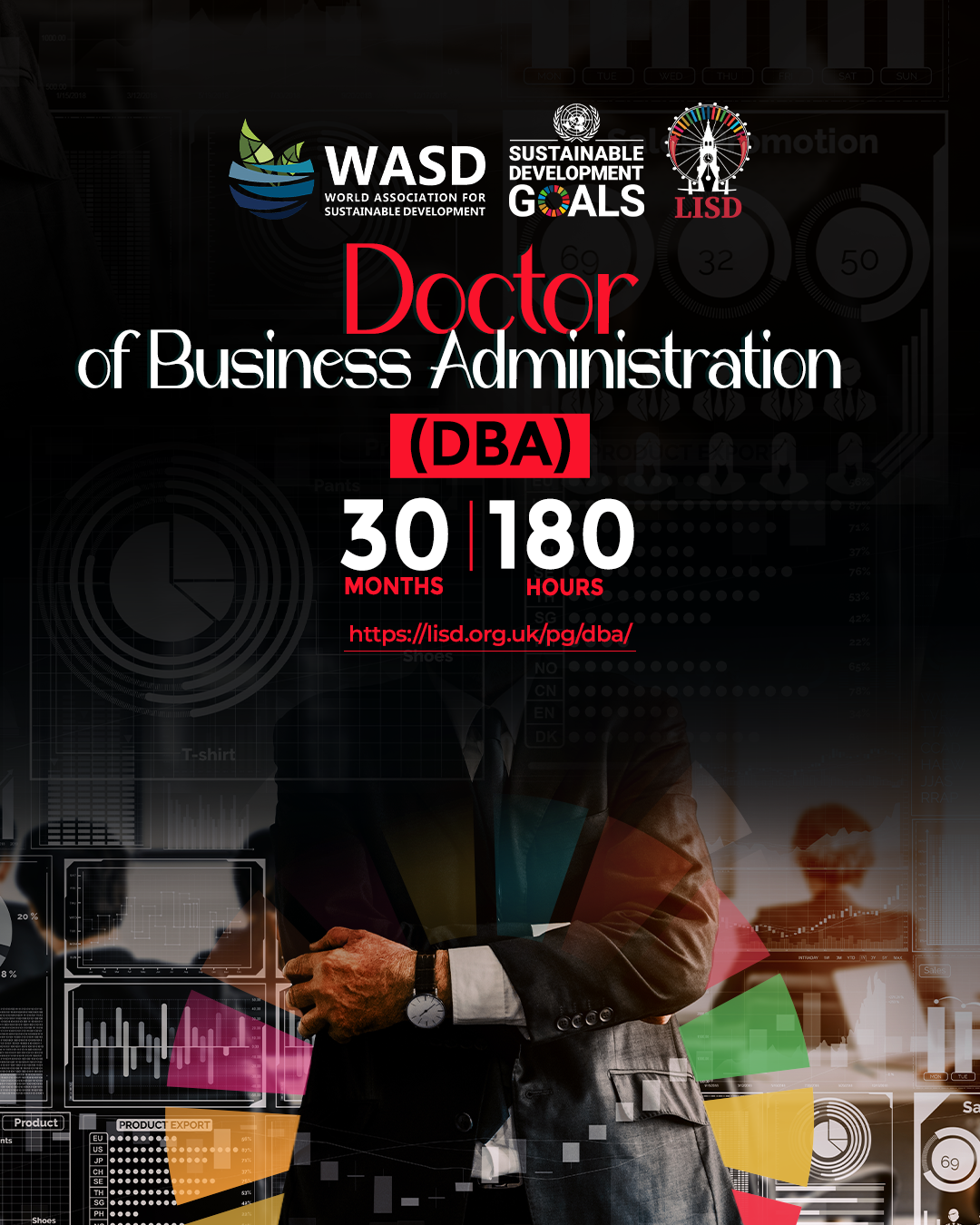Learning Outcomes
- Develop a research proposal, objective and analyse research gaps with strong academic foundations: Identify a research-worthy problem, conduct a critical literature review, and design a structured doctoral-level proposal with clear objectives, questions, and methodology.
- Apply research methods and data analysis tools: Use appropriate qualitative, quantitative, or mixed methods ethically, and apply tools like SPSS, NVivo, R, or Python for effective data collection and analysis.
- Produce high-quality academic writing: Write clearly and persuasively at the doctoral level, adhering to academic conventions and institutional formatting guidelines.
- Prepare for doctoral milestones: Demonstrate readiness for various doctoral milestones including research proposal approval, progression reviews, and viva voce (oral defence).
- Align research with global development goals: Map research objectives and outcomes to relevant UN Sustainable Development Goals (SDGs), enhancing global relevance and impact.
- Publish and present research: Identify suitable academic journals and conferences, and develop publication-ready articles, policy briefs, or presentation materials.
Learning Outcomes for Knowledge and Understanding
- Demonstrate comprehensive knowledge of strategic management and applied business research.
- Understand the integration of academic theory with executive practice in organisational contexts.
- Evaluate global business challenges through the lens of sustainable development.
- Develop a deep understanding of governance, innovation, and leadership frameworks.
Learning Outcomes for Cognitive, Intellectual or Thinking Skills
- Critically analyse business problems using evidence-based and research-driven approaches.
- Develop strategic solutions that balance profitability with social and environmental responsibility.
- Reflect on leadership and management practices through critical self-evaluation.
- Integrate theoretical and applied insights to inform decision-making at senior levels.
Learning Outcomes for Practical, Professional or Subject-specific Skills
- Design and conduct applied research addressing real-world organisational issues.
- Translate research outcomes into actionable managerial and policy recommendations.
- Demonstrate advanced professional competence in sustainable and ethical business leadership.
- Communicate research and practice insights effectively to executive and practitioner audiences.
Learning Outcomes for Technical or Information Technology Skills
- Utilise digital tools for project management, data collection, and business analytics.
- Apply business intelligence and statistical software for evidence-based decision-making.
- Manage information systems to support research and organisational strategy development.
Learning Outcomes for Transferable, Key or Personal Skills
- Exhibit leadership, negotiation, and change management capabilities.
- Communicate complex research and strategic insights clearly to diverse stakeholders.
- Demonstrate autonomy, adaptability, and reflective practice in professional contexts.
- Collaborate across interdisciplinary and multicultural teams to drive innovation.
Programmes’ Structure: DBA
Stage 1: Introduction to DBA – Research Management & Supervision
- Managing the Doctoral Journey: Roles, Expectations, Responsibilities
- Working with Supervisors Effectively
- Time and Project Management for Doctoral Research
- Using Research Logs, Diaries, and Progress Reviews
Stage 2: Research Foundation and Idea Development
- Introduction to Doctoral Research
- Philosophy of Science and Research Paradigms
- Research Problem Identification and Formulation
- Literature Review Techniques and Systematic Reviews
- Developing Research Questions, Aims, and Objectives
- Theoretical and Conceptual Frameworks
- Critical Thinking and Academic Writing for Doctoral Students
Stage 3: Research Proposal Development
- Research Proposal Structure and Requirements
- Proposal Writing and Approval Process
- Research Design Alignment with Proposal
- Ethical Considerations in Proposal Development
Stage 4: Literature Review Phase
- Conducting a Comprehensive Literature Review
- Synthesizing and Critiquing Scholarly Sources
- Identifying Research Gaps and Trends
- Integrating Literature with Theoretical Frameworks
Stage 5: Research Design and Methodology
- Qualitative and Quantitative Research Methods
- Mixed Methods Research Design
- Research Design and Methodological Alignment
- Sampling Techniques and Strategy
- Measurement and Instrument Development
- Pilot Studies and Pre-testing Tools
- Research Ethics and Integrity in Doctoral Work
- Access, Consent, and Data Protection
Stage 6: Data Collection and Analysis
- Data Collection Techniques (Interviews, Surveys, Case Studies, etc.)
- Qualitative Data Analysis (Thematic Analysis, NVivo)
- Quantitative Data Analysis (SPSS, R, STATA)
- Advanced Statistical Methods (Regression, SEM, etc.)
- Coding and Categorizing Data
- Triangulation and Validity in Data Analysis
Stage 7: Dissertation Design and Structure
- Dissertation Proposal Refinement
- Structuring the Dissertation/Thesis
- Writing the Literature Review Chapter
- Writing the Methodology Chapter
- Writing the Data Analysis and Findings Chapter
- Writing the Discussion and Conclusion Chapters
Stage 8: Contribution and Impact
- Establishing Contribution to Knowledge or Practice
- Positioning Research within the Field
- Writing for Impact (Academic and Practitioner Audiences)
- Translational Research and Managerial Implications
Stage 9: Writing and Presentation Skills
- Academic Writing and Style (APA, Harvard, etc.)
- Reference Management Tools (EndNote, Zotero, Mendeley)
- Thesis Editing and Proofreading Techniques
- Avoiding Plagiarism and Using Turnitin
- Writing Abstracts and Executive Summaries
- Publishing in Peer-Reviewed Journals
- Writing Conference Papers and Presentations
Stage 10: Dissemination & Defense
- Preparing for Viva Voce / Oral Defense
- Presentation Skills for the Dissertation Defense
- Responding to Examiner Comments
- Final Submission Requirements
- Archiving and Publishing the Dissertation
- Professional Practice and Applied Focus


















